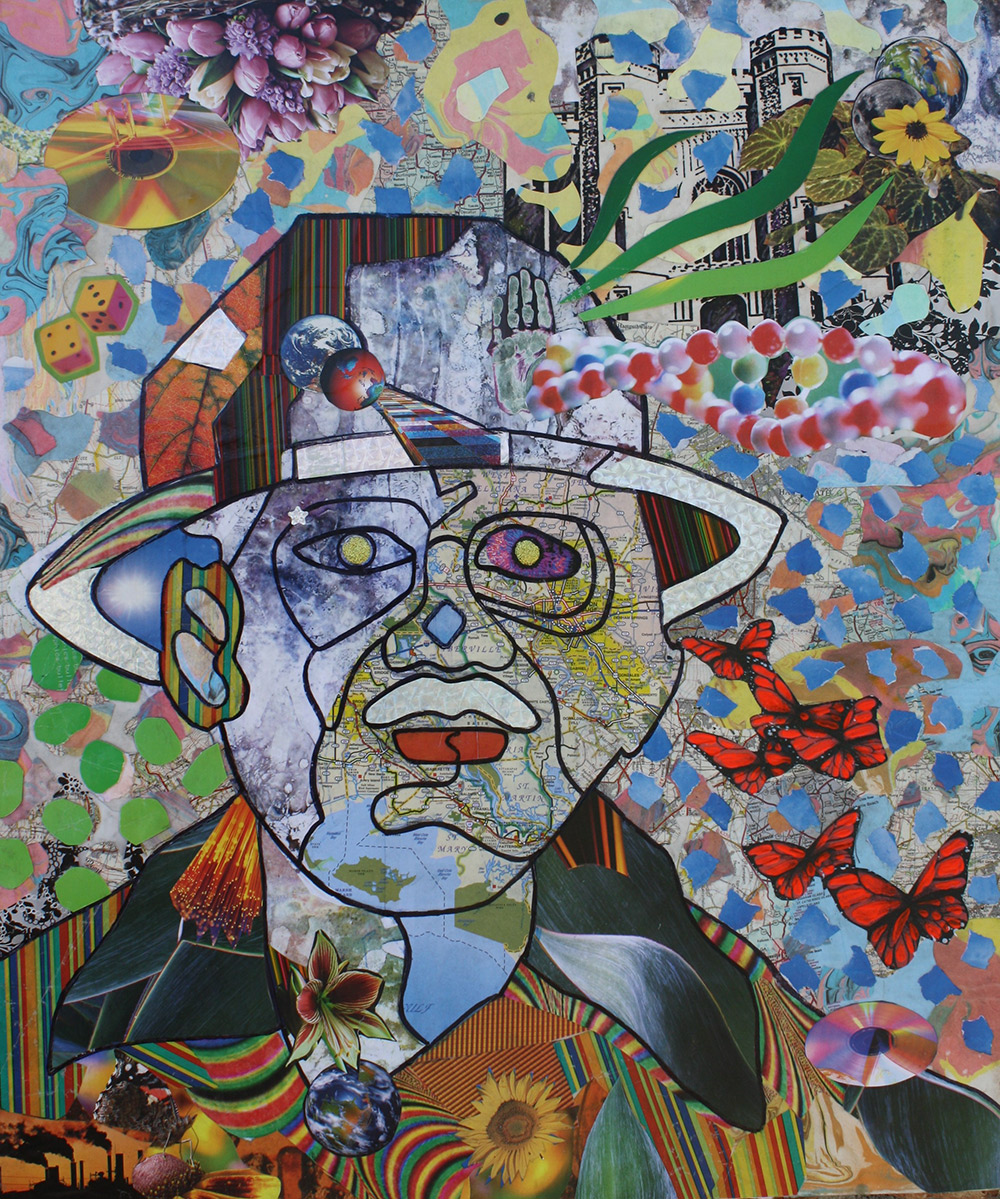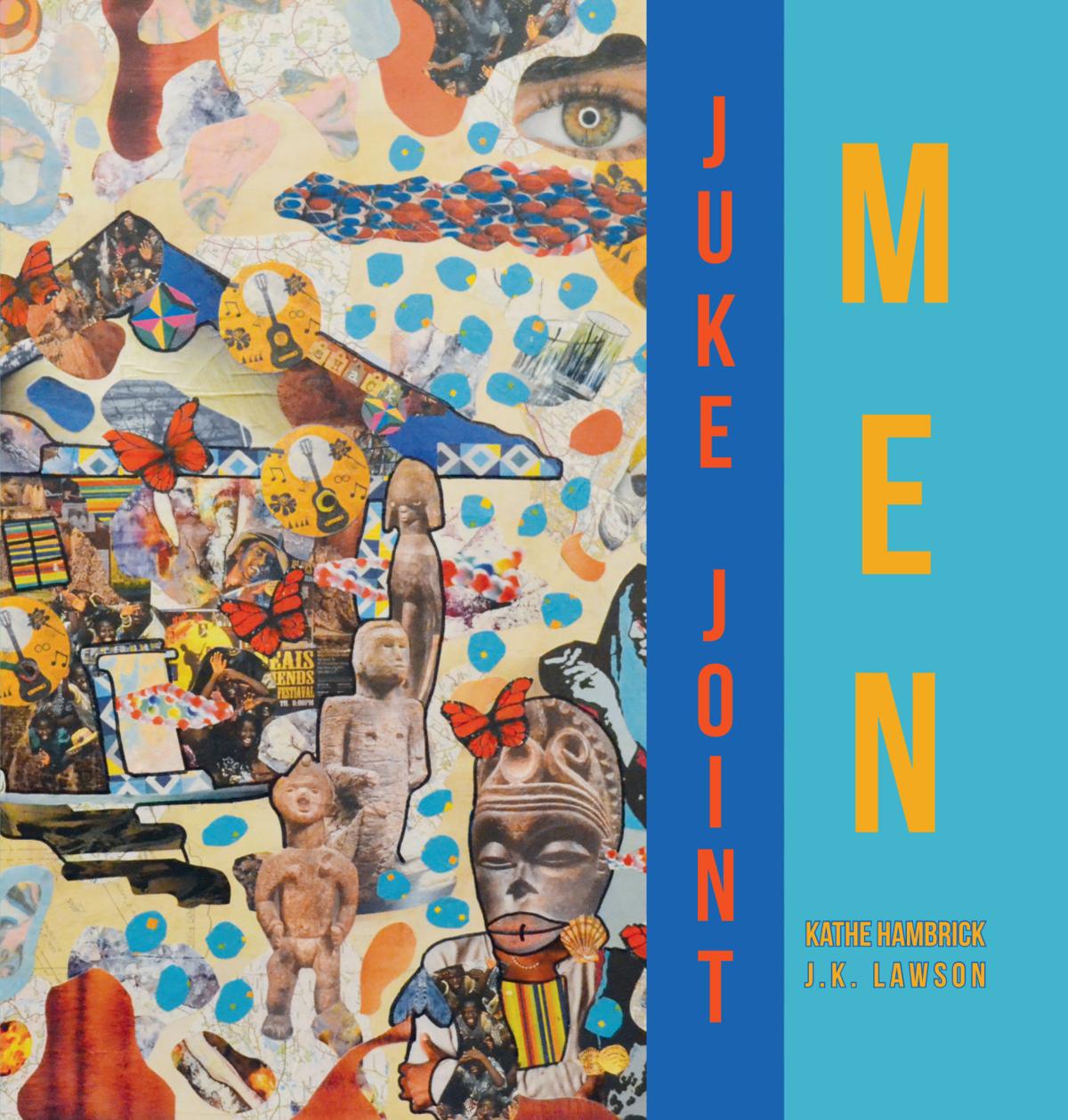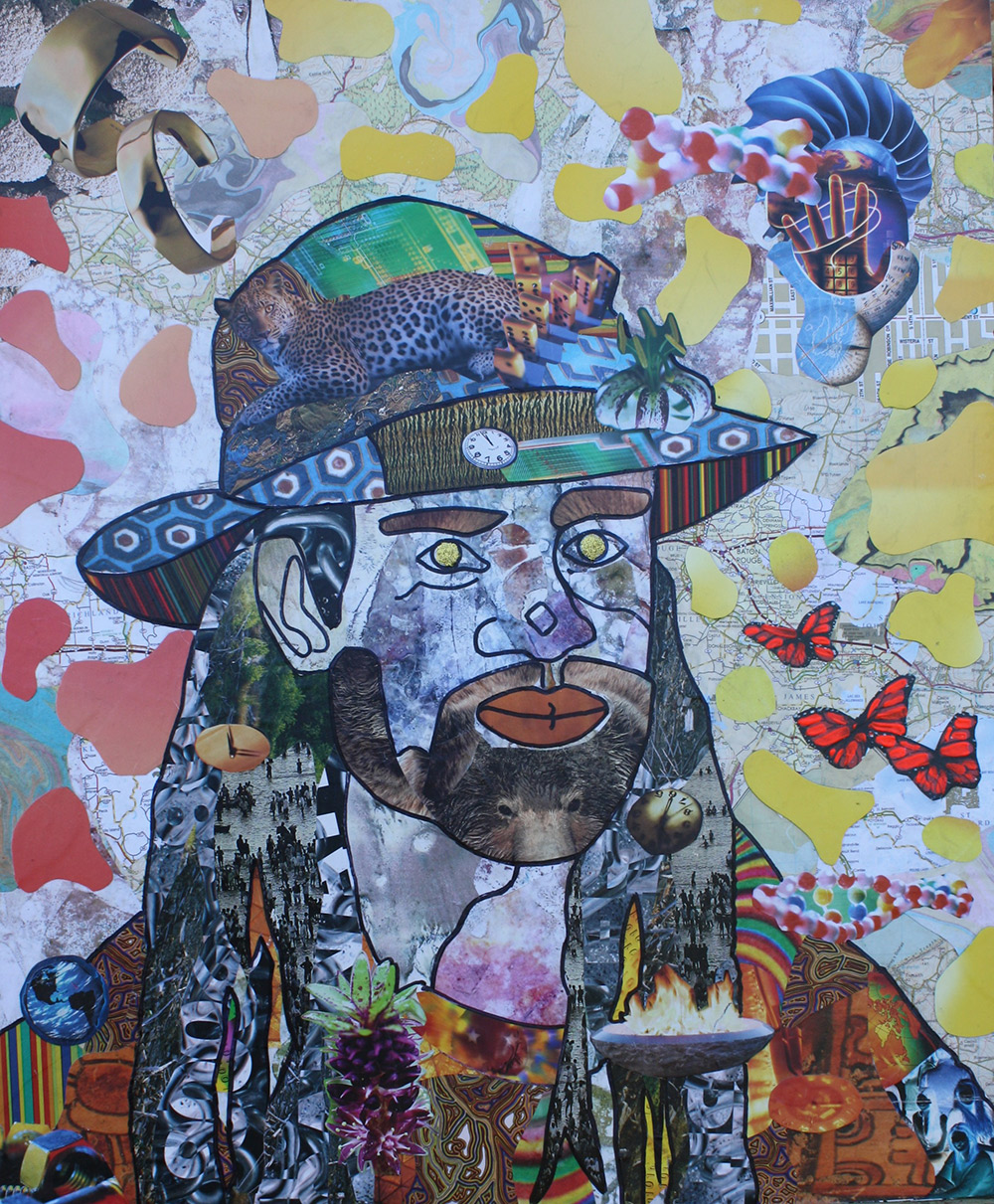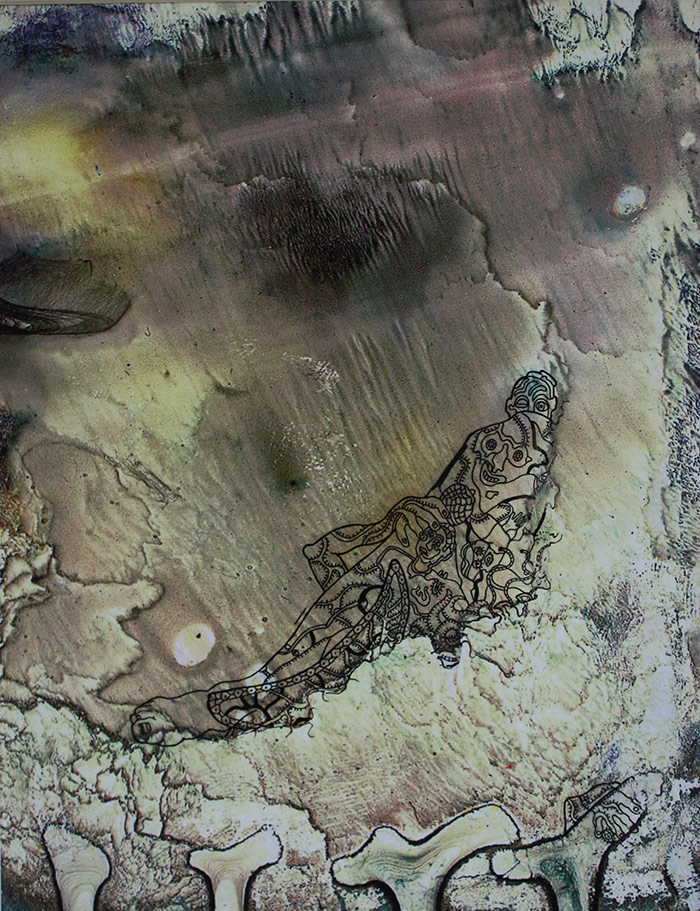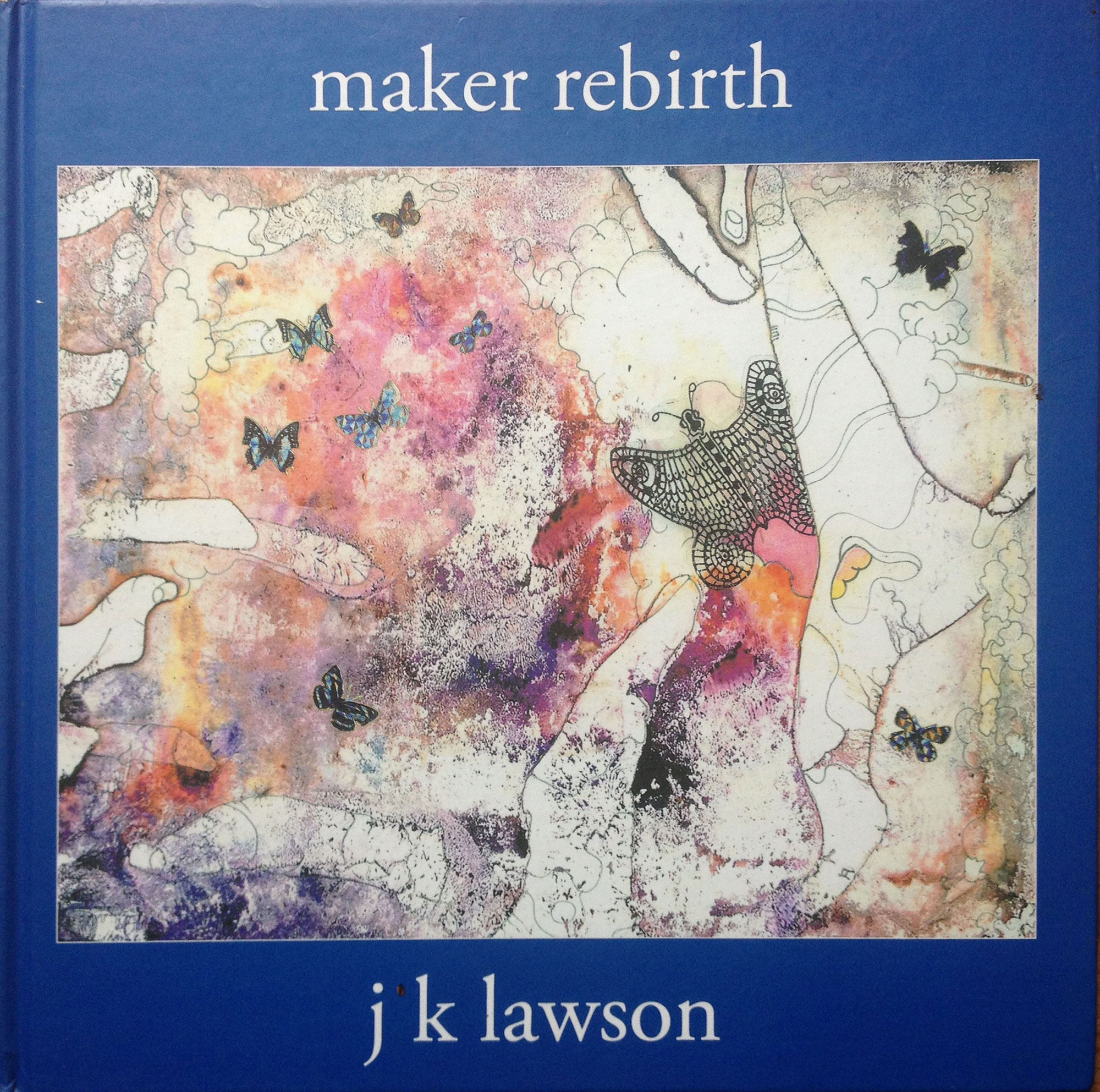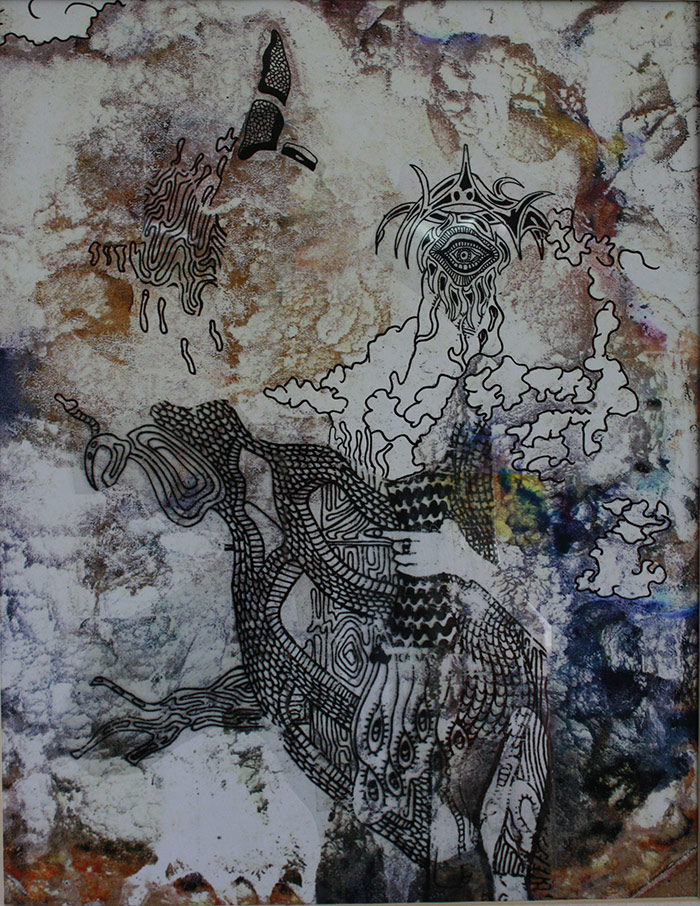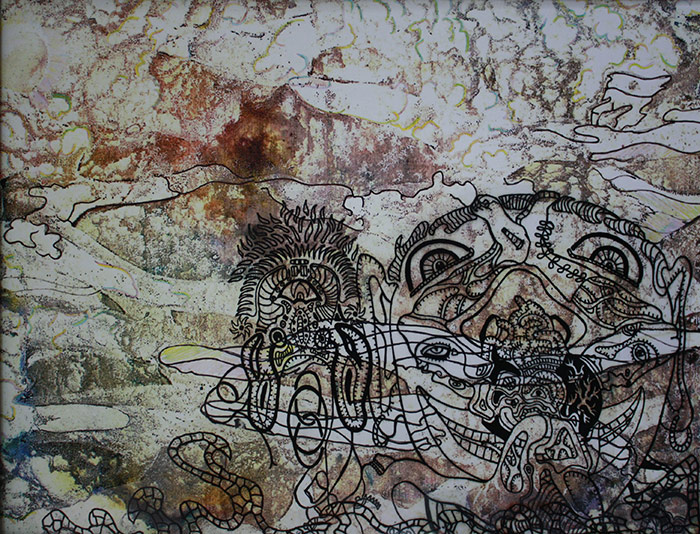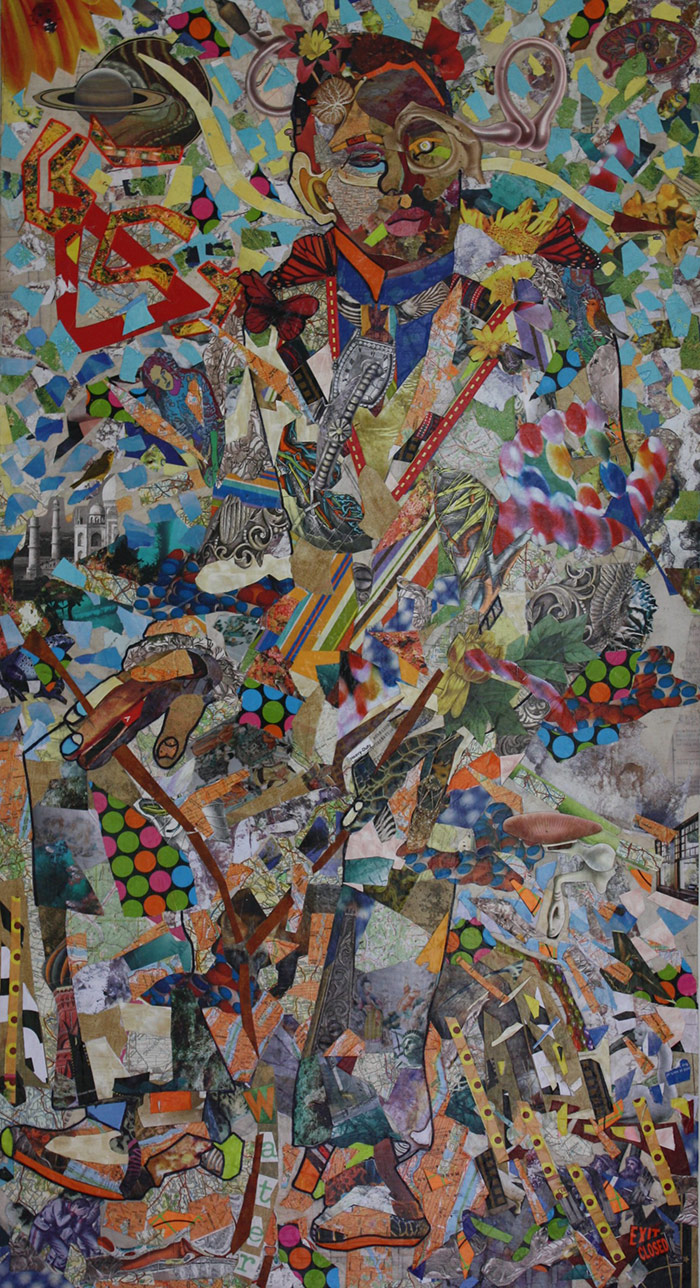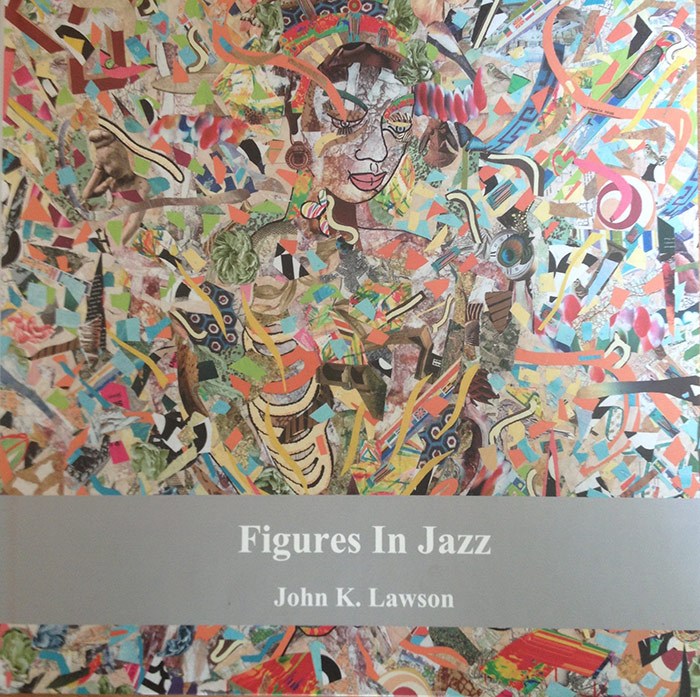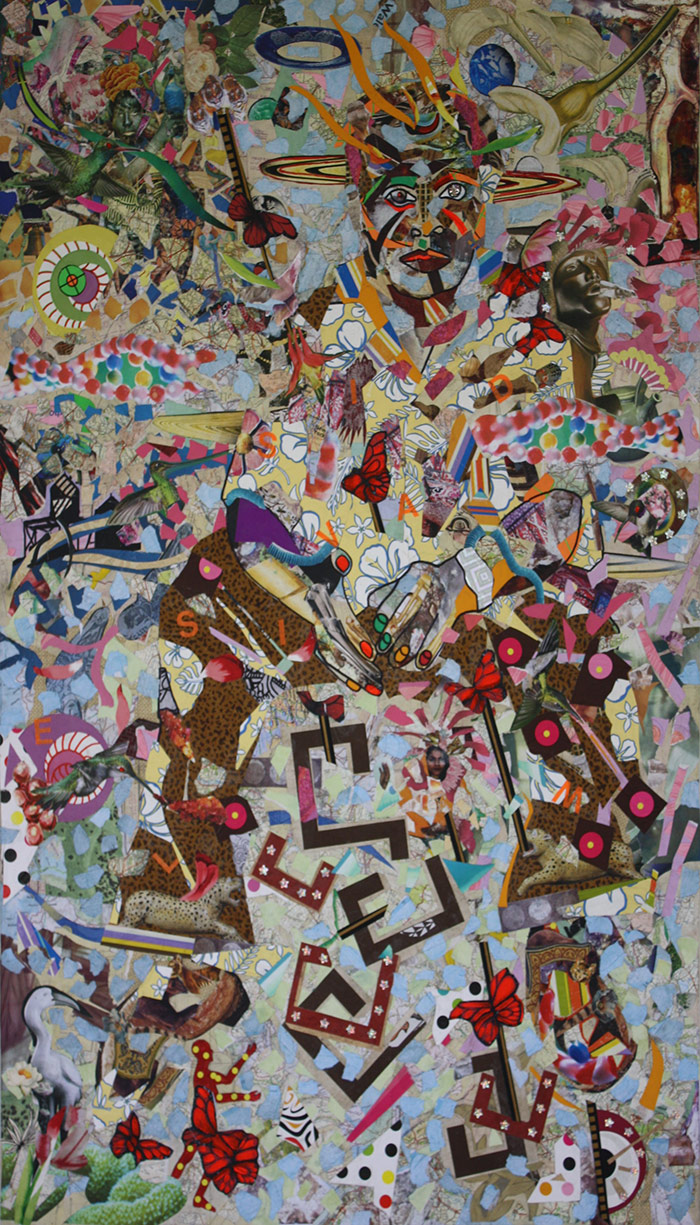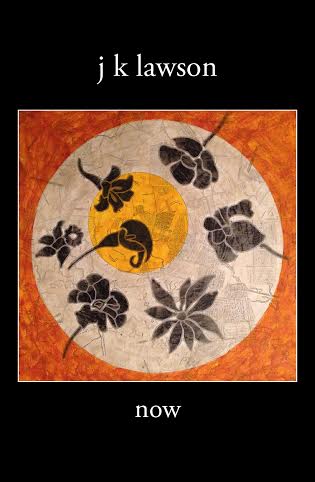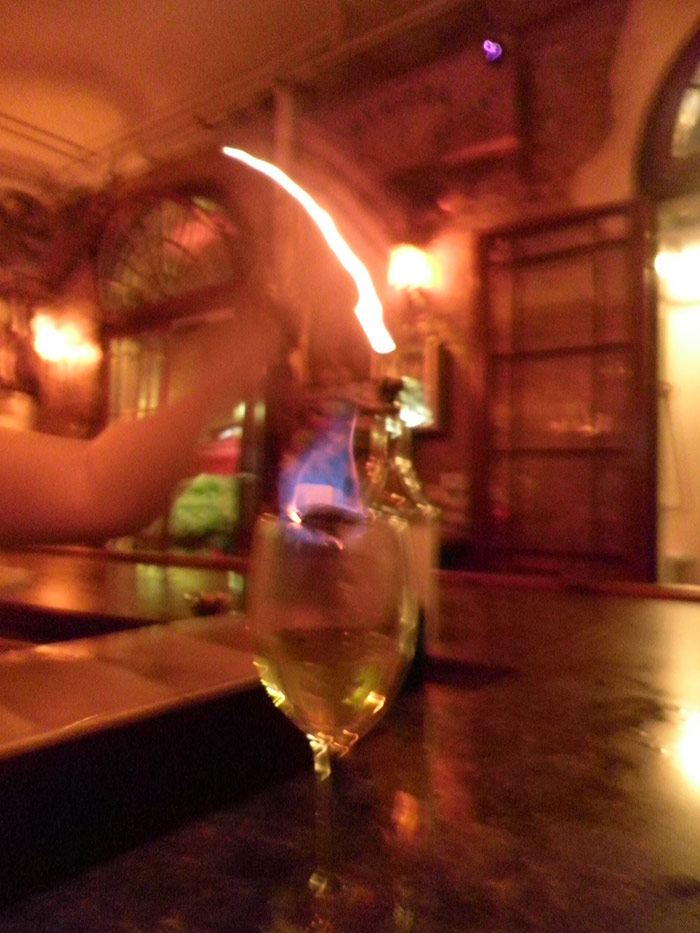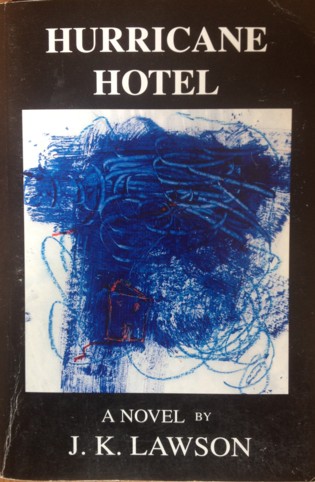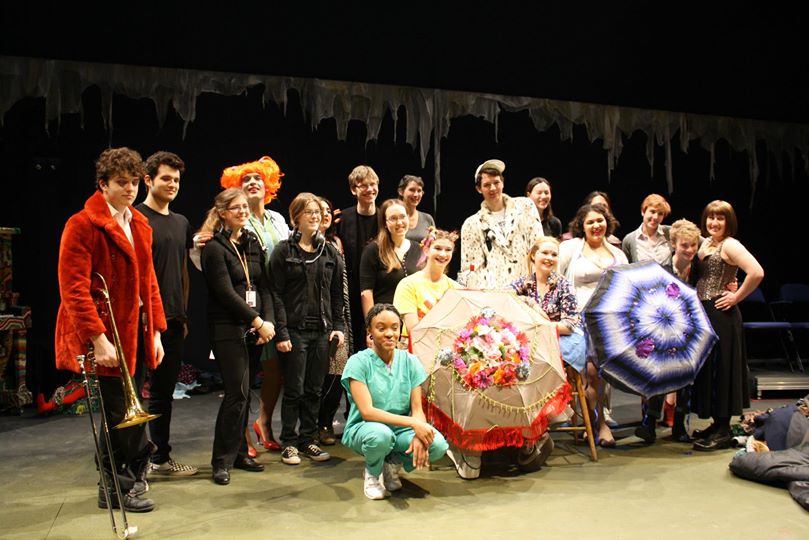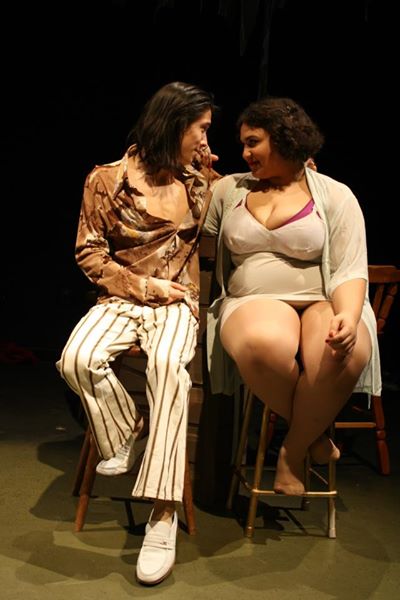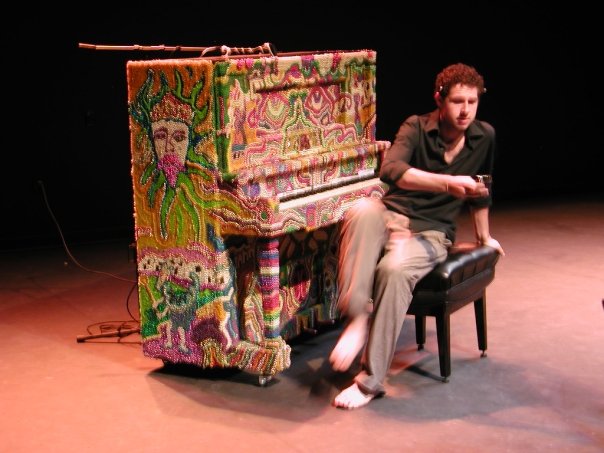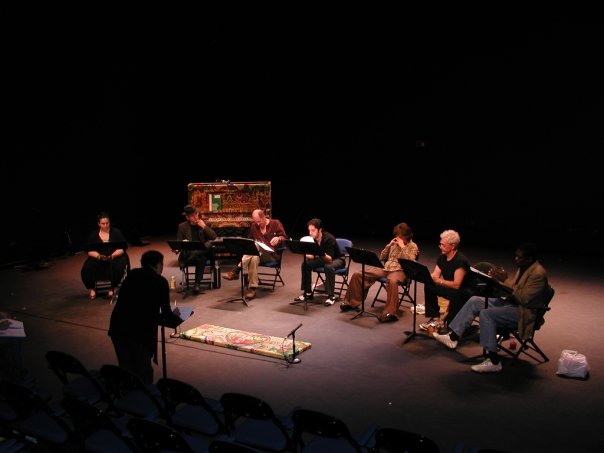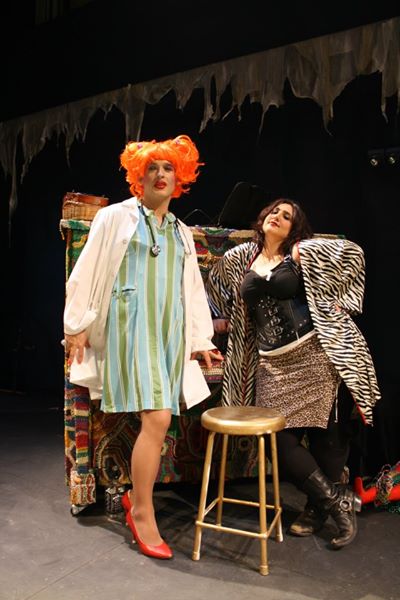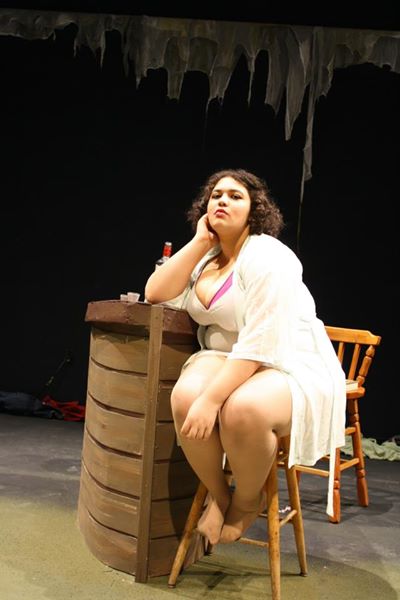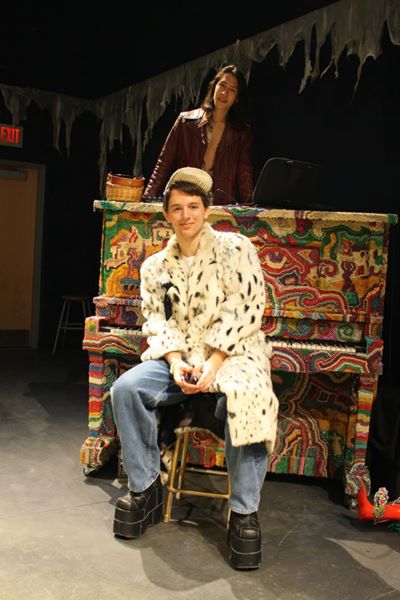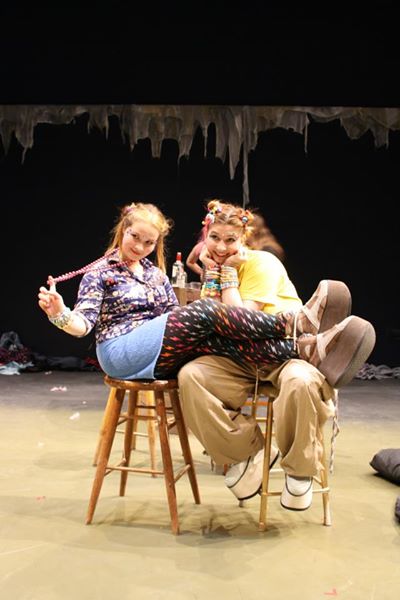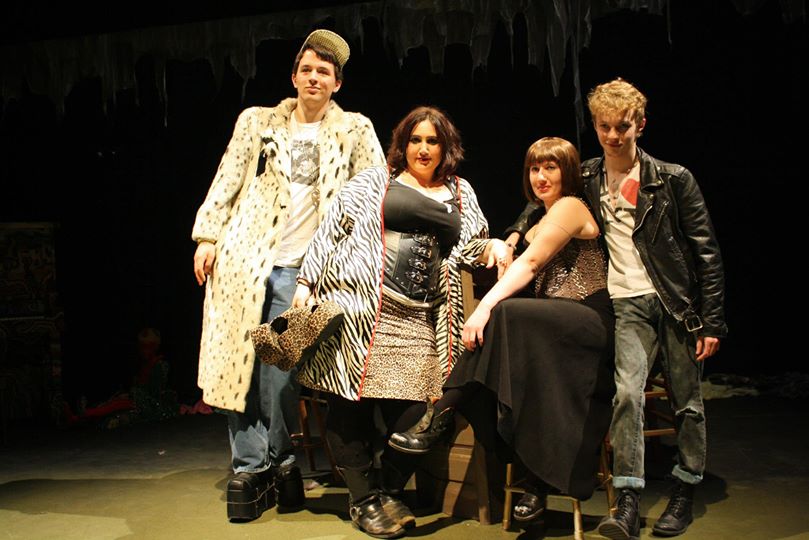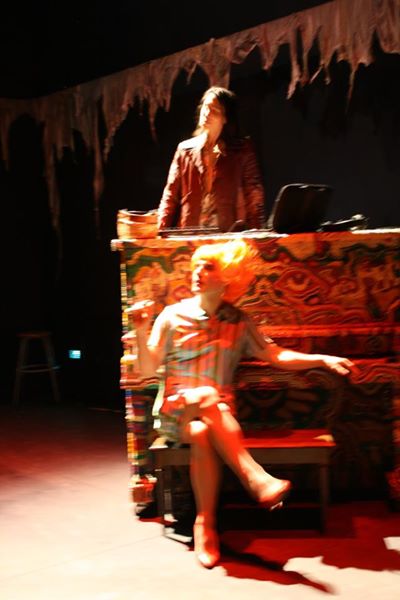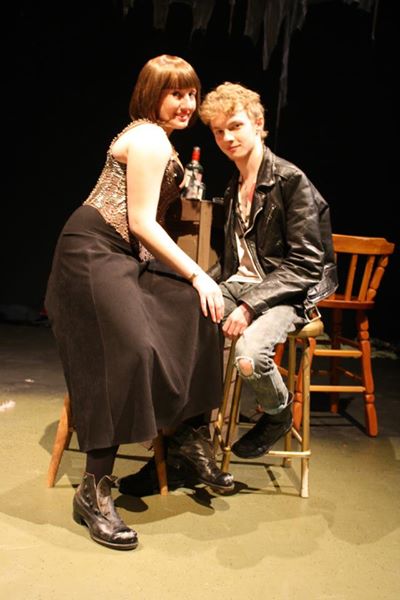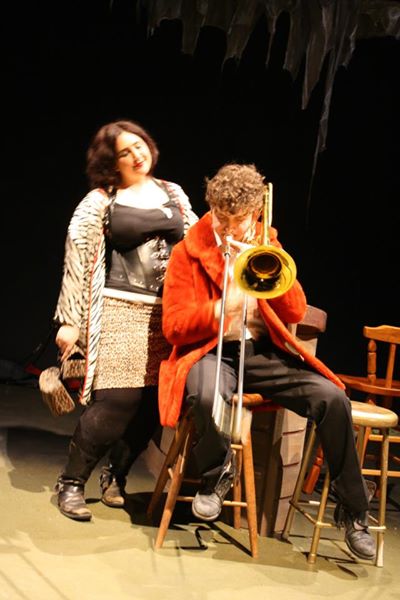POETRY
waken destiny
when every star beams
fixed and constant
sleeping a million years
past the silence
resembling an axe cleaned
and gleaming
with whispers in the wind
have you not heard
the visions you seek
are half past this close
and well and truly over
any old rainbow
you are standing
in the thick of them
knee high and waste deep
so smell the salt
and chill for a moment
watching cormorants
sail overhead
echonin’ thru
you sang so true
your enemies swooned
knowin’ the beat
from slave ships past
rollin’ on oceans
stained with blood
on western shores
where street fisherman sing
castin’ their nets beyond the grave
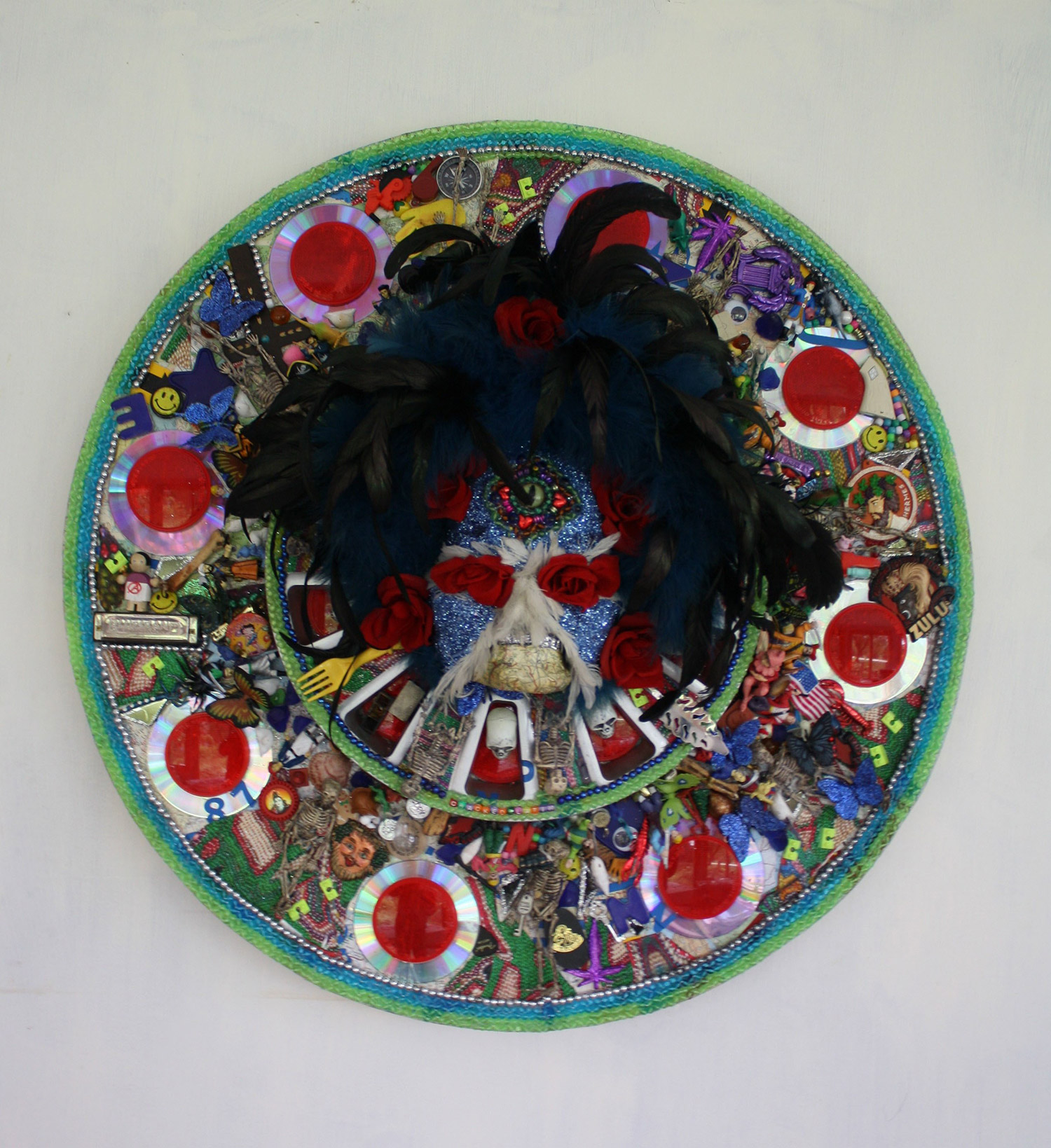

are joining forces
with the weed whackers
and are out there again
chasing me down from
lawn to lawn
parking lot to empty garage
cemetery to gravestone
with little chance of me
making it out unscathed
with a map of cornwall
pasted to my chest
ive been up all night
absorbing the blue
listening to angels
dance with the rain
in broken gutters
and sewers flooded
with forgotten brains
rolling my soul
into a shapeless dough
no longer caring if nakedness
can be clothed
for i have heard
the vultures laugh
&
am not afraid
if this storm jokes
cursing my silent labor
filled with unknowns
forever seeking cures
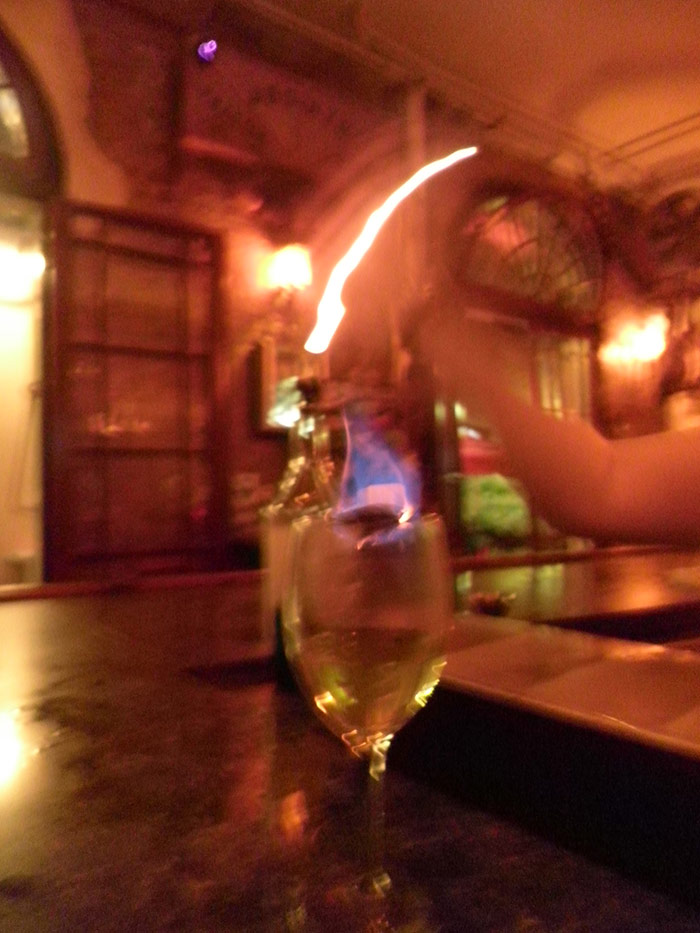


Review by Jonathan Katz
For Where Y’at Magazine, February 2009
“As anyone who’s spent five minutes in New Orleans can tell you, our city is one forged by a polyglot population. Hurricane Hotel, a novel by New Orleanian J.K. Lawson, is likewise writ of many voices and many stories. What each character, dead or alive, has in common is their deep connection to the ups and downs of a city that has, since 2005, been defined by a singular event.
The effects of Katrina are difficult to understate, and Lawson does his part to elucidate the suffering endured by many. His touchstone is the historic Audubon Hotel. It was wrecked during Katrina and is, of this writing, still waiting to be restored.
Jelly Roll Morton plays an important role in Hurricane Hotel; as do a slew of other only-in-New Orleans characters—meth heads, Tulane undergrads, WWOZ listeners, and more, united by the real Storm of the Century. His prose often teeters on overwhelming, but in the end, J.K. Lawson has crafted a compelling narrative so New Orleans it’s practically doused in Creole seasoning, pan-blackened, and served to you with a bottle of Crystal.”
FOREWORD by Andre Dubus III
Read more...
And just days before, John and his wife, my first cousin Aimee, had finished renovating their house in the Broadmoor neighborhood of New Orleans, a sunken bowl of ground south of Lake Pontchartrian. They then drove their three-year old son Sebastian up here for some late summer rest and high times. They’d spent a few days with us, and now they were headed farther north to Maine, to friends on an island overlooking cold waters.
Standing there in my library, John looked concerned but unafraid.
I said, “The mayor’s evacuating the whole city.”
“We see a lot of hurricanes, Cuz.”
I nodded, my eyes on the screen, on those hundreds and hundreds of cars taking up so many miles of the causeway. Then there were the hugs goodbye, a plan to see John and Aimee and Sebastian on their way back from Maine. They told us how much they loved it up there, how good their friends were, how there was no T.V.
So they didn’t know anything until later, that the eye of Katrina passed just east of New Orleans, her battering winds a Category 2 but her tidal surge a Category 3. For a day it looked like the worst had come and gone; this had been a bad hurricane but also another New Orleans had survived. But by the last day of August, the levees began to crack and give, first the smaller drainage canal levees, then the big navigationals, those designed and built by the Army Corps of Engineers – the 17th Street Canal Levee, the Industrial Canal Levee, and the London Avenue Canal floodwall. And it was as if the maternal waters of Lake Pontchartrain had gotten drunk and rolled over in her sleep, crushing the baby she had always slept beside, and now nearly all of New Orleans was underwater, including John and Aimee’s one-story home in Broadmoor.
But, those first days after Katrina, they didn’t yet know this. Because their friends in Maine had no T.V., John climbed into their dingy, rowed to the mainland, and read in the New York Times about the flooding. He’d lived through two down there before, though, and he assumed it was like countless other times the Big Easy didn’t have it so easy.
It wasn’t until they were back at our place in the woods did they see a T.V. for the first time, did they see all the live footage of people stranded on rooftops they’d chopped through, those who were fortunate enough to remember Hugo and had stowed a hatchet or chainsaw in their attics. Some of those that didn’t drowned in their homes. Others climbed into passing boats, or swam to waist-deep water, then waded to higher ground and joined thousands of others heading for the Superdome.
John saw all this and knew then that their house had to be underwater. He knew it in his head anyway. But late that night, my wife and kids asleep, Aimee and Sebastian too, John stayed up and watched Geraldo standing in front of the Convention Center pleading for help that would not come, and that’s when John’s heart and body knew his house was gone and everything in it.
He was right; it was under nine feet of water and stayed that way for six weeks. Their sofas and chairs floated. Art on the walls crumbled with the walls. The books and albums they’d collected over twenty-five years were lost. So were precious photos, letters, and family documents, as well as Aimee’s production notes from years of her work in theater. All of John’s handmade films.
All gone.
But then another feeling came. The blessed knowledge that they weren’t gone. His family. They had survived. His lovely wife and their miraculous son, they were upstairs in this very house fast asleep. That night, his mouth went dry, his heart began to pound, and the Muse sat up inside him: he flicked off the T.V., found his notebook and pen, and began writing Part II of Hurricane Hotel, a novel that had been coming to him for a long while now, a novel that rose up out of his own years living in New Orleans as a younger man and artist. Lean years of squatting at the C Note, stepping over drunks to get to his room. Years living at the Audubon Hotel, the guy upstairs who earned his keep doing his bead work for the owners, though it was far more than that.
It came to him as visions do – complete and pristine – millions and millions of Mardi Gras beads lying in the streets and on the sidewalks, scattered in darkened doorways and hanging over black iron fences and gnarled tree roots, the purple and red and green and gold refuse of revelers come and gone, this material that John would spend days gathering up into plastic trash bags, then months and years fashioning into art.
He was writing, too, and it’s all here: from Ruth’s gentle touch to the joyful rituals of the hell-bound Chemical Sisters, from the drunk and redeemed Arlen to sexy Sophia and trigger-happy Treme, from mad Martha, Mona and Moose to pre-destined Zane and long suffering Emma Jane, wise-cracking Jake and Molly and the paternal Guy Upstairs, all blind to the rising muddy waters of the Mississippi, the wind-blown salt of the Gulf, the heavy waters of Lake Pontchartrain, spilling over, then rising, rising, rising, taking everything and nearly everyone.
Hurricane Hotel is a love letter to the drowned city that gave birth not only to it but also to the Muse of J.K. Lawson, my cousin, who serves us here a final image of redemption that rises from the very center of his own psyche: children taking shards of stained glass from a ruined church and fixing them to the mud of an entombed car.
And who else to deliver this letter back to New Orleans but the Spirit of Jelly Roll that John so passionately evokes here? Who else but a ghost of a rambler and gambler and pool shark, of a pimp and vaudeville comedian and master of the ebony and ivory keys? Who else but a man who died of an evil voodoo spell but left behind so much goodness?
For, as J.K. Lawson shows us again and yet again: from devastation, truth. From devastation, beauty.
©2007
Read the 12/08 review in NOLAFugees.com
Photos from a staged reading of Hurricane Hotel


John Lawson is a regular contributor of poetry and art to
The Berkshire Edge
John Lawson is a regular contributor of poetry and art to
